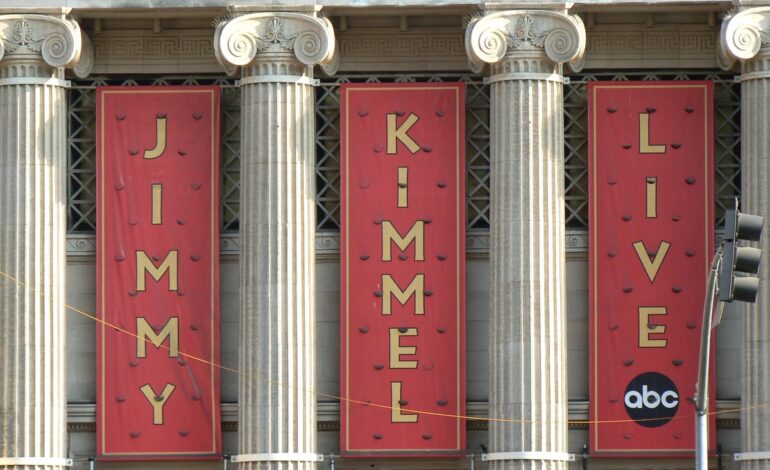FCC Eyes Possible Kimmel Probe Over Charlie Kirk Claim: What Was Said, What It Could Mean

Kai Montgomery here, grumbling but obligated to spill the tea. Oh yes, I’m laying out the latest fireworks from the broadcasting beltway with my usual eye-roll and a trace of reluctant fascination. Jimmy Kimmel has landed in the FCC’s crosshairs in the wake of his remarks about Charlie Kirk’s alleged killer. Federal regulators, led by FCC Chairman Brendan Carr, are reportedly weighing whether Kimmel’s comments crossed lines that could justify action, including a possible suspension from the airwaves. And yes, this is all anchored in a real, recent shooting and real charges, not spin or theater.
The sequence of events is straightforward on paper, messy in real life. Last week at a Turning Point USA event at Utah Valley University, Tyler Robinson allegedly fatally shot Charlie Kirk. Prosecutors have charged Robinson with aggravated murder and six other felonies, and they are now seeking the death penalty. In the immediate aftermath, Kimmel made a remark tying Kirk’s alleged killer to a MAGA supporter. Carr appeared on The Benny Johnson Show and described Kimmel’s comments as “some of the sickest conduct possible,” signaling that the FCC is examining potential violations tied to broadcast standards and the line between opinion and incitement.
The procedural landscape is less dramatic than the headlines. The FCC can explore various avenues to address perceived misconduct, including potential suspensions, but Carr warns the agency must handle such claims with care, acknowledging that the FCC could end up acting as a quasi-judge on these disputes. The interaction between the entertainment industry and federal regulation is never tidy, and this is a prime example: a late-night host delivers a sharp take, and regulators decide whether the take constitutes sanctionable behavior or protected commentary.
Kimmel’s camp has not publicly commented beyond the standard “we have nothing to add at this time” line. The balance here is delicate: ensuring accountability for rhetoric that may inflame or mislead versus protecting free expression on a platform that exists precisely to push boundaries. The developing story hinges on how the FCC interprets the impact of Kimmel’s words, whether they meet a threshold for enforcement, and how future broadcasts navigate similar terrain without tripping over constitutional and statutory lines.
As the regulatory chess game unfolds, one thing is clear: public comments about violent acts and political affiliations in the wake of a real tragedy tend to escalate quickly into political and legal debates. What comes next could redefine how late-night hosts frame controversial topics on air without crossing into punishable ground. Stay tuned, because the next move could reshape the boundaries of what broadcasters can say when a national conversation pivots on violence and politics.
Sources: Celebrity Storm and TMZ
Attribution: Miejsce realizacji programu Jimmy Kimmel Live — Mateusz Kudła (CC BY-SA 3.0) (OV)
Attribution: Miejsce realizacji programu Jimmy Kimmel Live — Mateusz Kudła (CC BY-SA 3.0) (OV)




